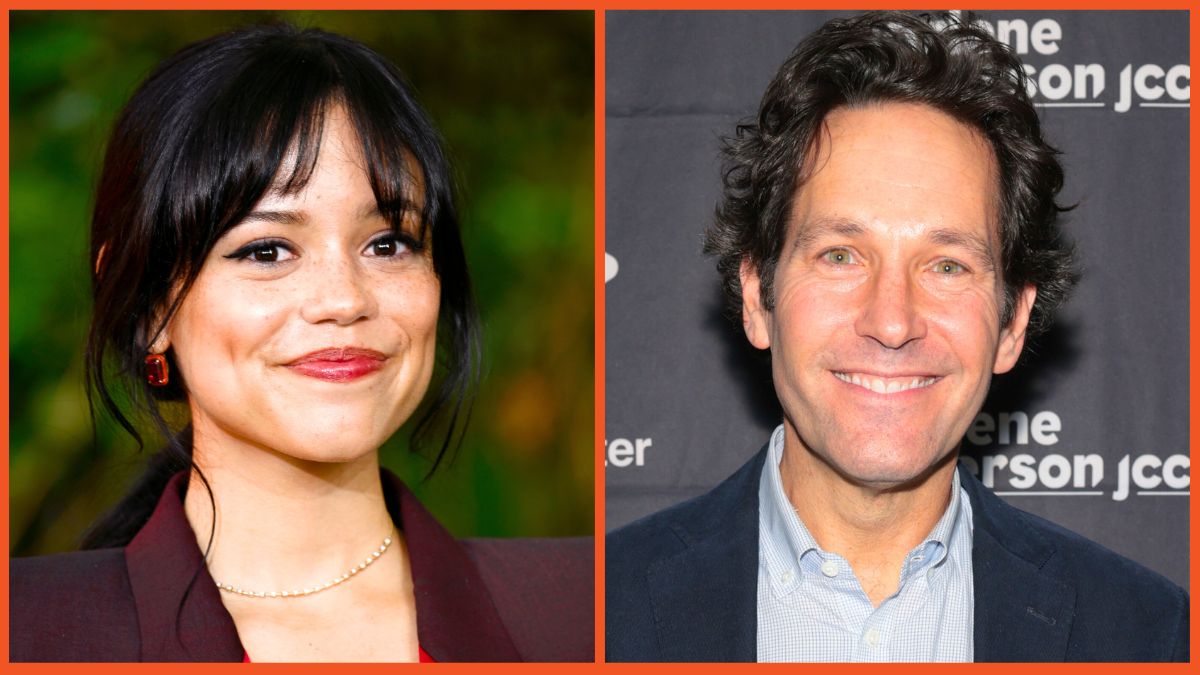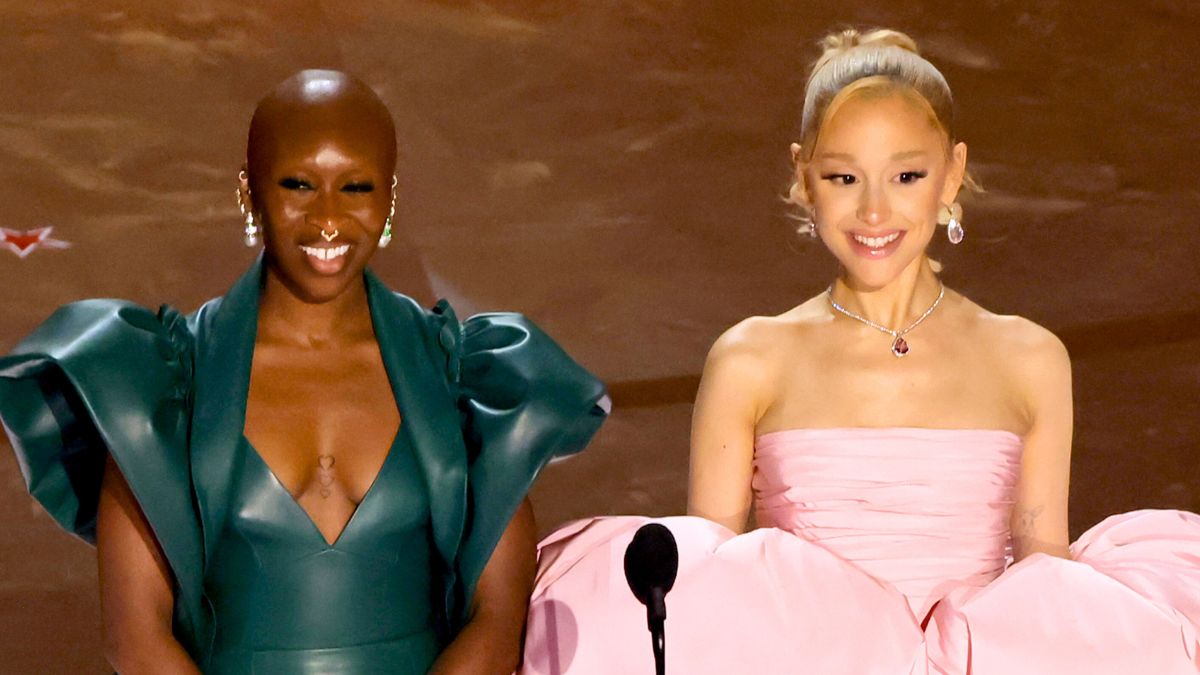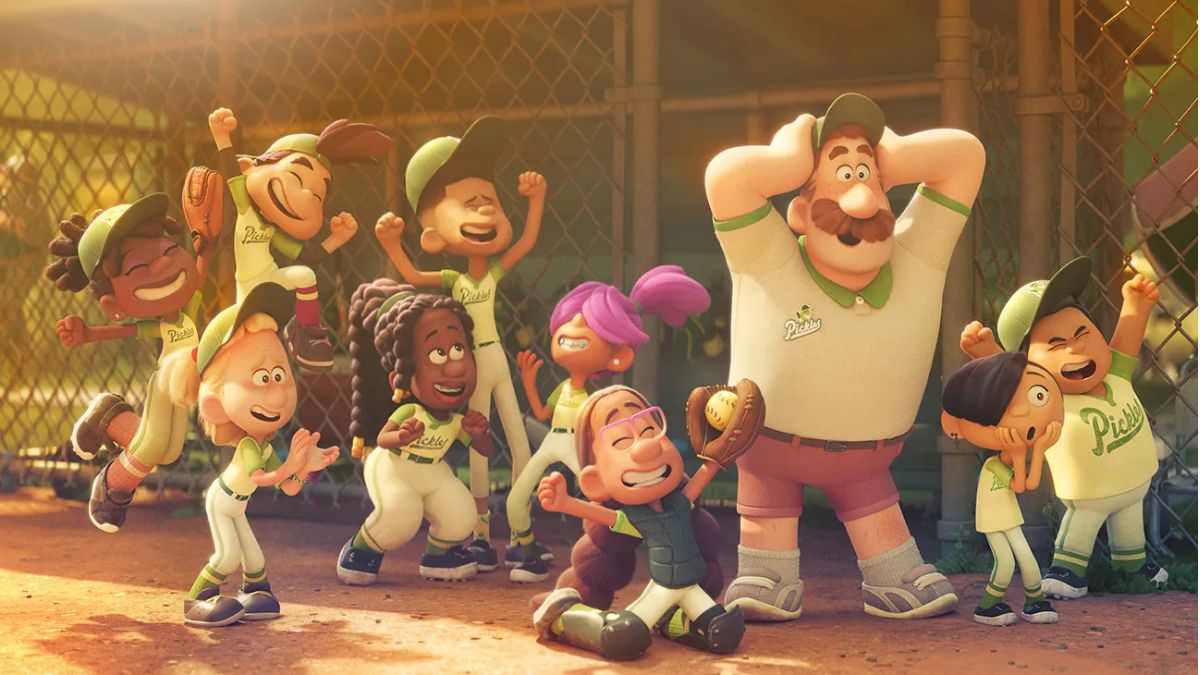Between Flight and Cast Away, one wonders if Robert Zemeckis is out to make us all terrified of air travel.
Like his last live-action film, the events of Flight are predicated on a spectacularly staged plane crash, one that terrifies and fascinates in equal measure. The difference between this sequence and the one in Cast Away – or, indeed, most other plane-based movie moments – is the attention to detail. Captain Whitaker, played by Denzel Washington, lands the aircraft with minimal loss of life after a major technical failure, but only because of his focus and expertise; for all the breathtaking, heart-stopping tension the scene has to offer, it’s the Captain’s method that captivates most forcefully, as he executes of series of complex yet plausible maneuvers to do the impossible and save the day. It’s the method more than the danger that keeps us on the edge of our seats, the performance by Washington serving as a powerful catalyst for the calm yet powerful sense of dread that permeates the moment. It is certainly one of the greatest, if not the very best, plane crash sequences in film history.
And here’s the crazy part: Flight only gets better – exponentially so – from there.
For while aerial exploits put the story in motion, this is not a tale of air travel or post-crash trauma. Captain Whitaker was severely drunk and high on cocaine while flying the plane, and as such, Flight is actually an intense and intimate portrait of alcoholism, beautifully executed on the exact same creative strengths that propel that amazing plane crash: attention to detail and an absolutely stellar performance. The latter is certainly the film’s most striking element, for Washington, one of America’s greatest working actors, takes an inherently meaty part and expands upon it with unparalleled human dimension.
Captain Whitaker is a fascinating mess of dichotomies; a fundamentally good man whose uncontrollable drinking leads him to lash out; a loving person who has crippled all his relationships; a brilliant pilot who cannot be bothered to fly sober. Underneath it all he is a liar, for he cannot admit the truth about his issues to others, nor can he face coming clean with himself. The crash is a complex and profound wake-up call, for while saving the lives of nearly everyone on board underlines his astonishing skills as a pilot – if anyone else had been in a situation with that level of mechanical failure, no one would have survived – the few deaths there were weigh heavily on his conscious, a constant reminder that he has an addiction, and that no matter how many peoples he saved, he did wrong by each and every one of them, living and dead, by stepping onto the plane hammered.
What an extraordinary moral dilemma to build a film around, and what an enthralling performance by Denzel Washington. The film rests almost entirely on his shoulders, and he bears the weight with ease, expertly blending each divergent element of Whitaker’s complex psyche into one profoundly broken whole. Washington attacks the countless bleak and ugly moments without a hint of fear, while simultaneously maintaining the right measure of charisma to keep us rooting for Whitaker even as his downward spiral grows steeper and steeper.
Through simple facial movements, Washington communicates volumes of emotion and conflict, often using his eyes to indicate the weight a lifetime of lies and self-inflicted abuse has wrought upon Whitaker’s soul. The film’s final scenes are a remarkable emotional powerhouse, and it all comes down to what beautiful, tremendous work Washington does, how deeply felt and thoroughly lived in this character feels at every turn. This may just be the single best performance of his entire career.
As a character study, the lion’s share of the film’s success does indeed lie on Washington’s shoulders, but other elements should not be discounted. John Gatins’ screenplay is a good one, featuring well-paced introspection and a thorough understanding of process. The particulars of Whitaker’s alcoholism are impressively detailed and authentic, but I am even fonder of how Gatins explores the fascinating investigation process behind a massive plane crash. It’s a tense and effective backdrop for Whitaker’s journey, and feels a little unlike anything we’ve seen before.
Zemeckis’ direction is sharp and restrained; those years of tinkering with creepy motion-capture animation have not softened his filmmaking instincts one iota. Longtime collaborator Alan Silvestri does very nice, understated work with the musical score, and Don Burgess’ cinematography impresses without drawing attention to itself. This is a running theme of the production, for the goal is to get out of the way and let Washington – along with some very impressive supporting cast members, including Kelly Reilly doing stellar work as a recovering drug addict Whitaker befriends – command the screen.
Command he does, and Flight, in turn, commands our attention for every second of its remarkably brisk 140-minute runtime. This is an outstanding character piece, one that absolutely has the potential to please audiences everywhere. That it never panders or simplifies to achieve this is a rather extraordinary achievement. Flight offers smart and mature commercial drama at its very best, and comes highly recommended.
Sorry, this video is currently unavailable.







Published: Nov 2, 2012 01:04 am